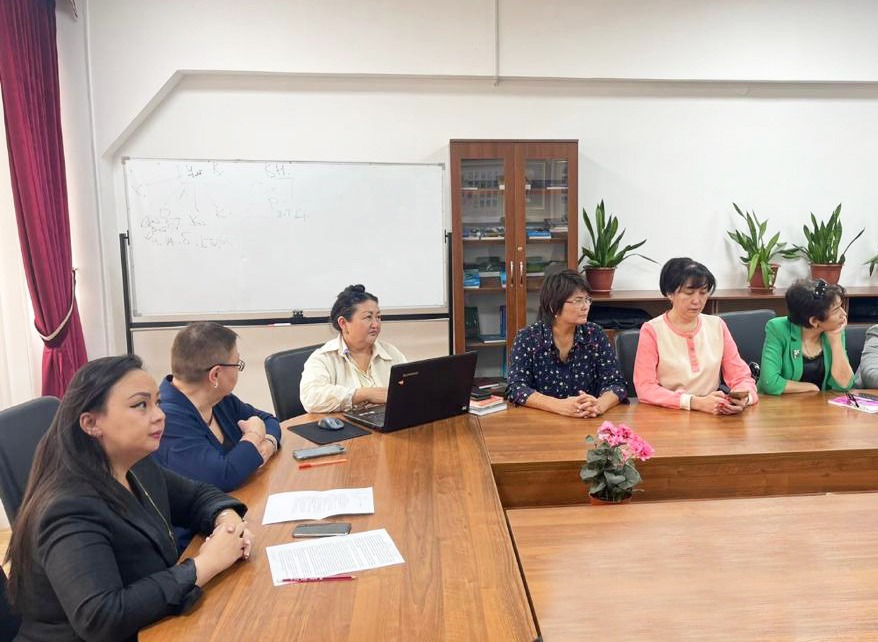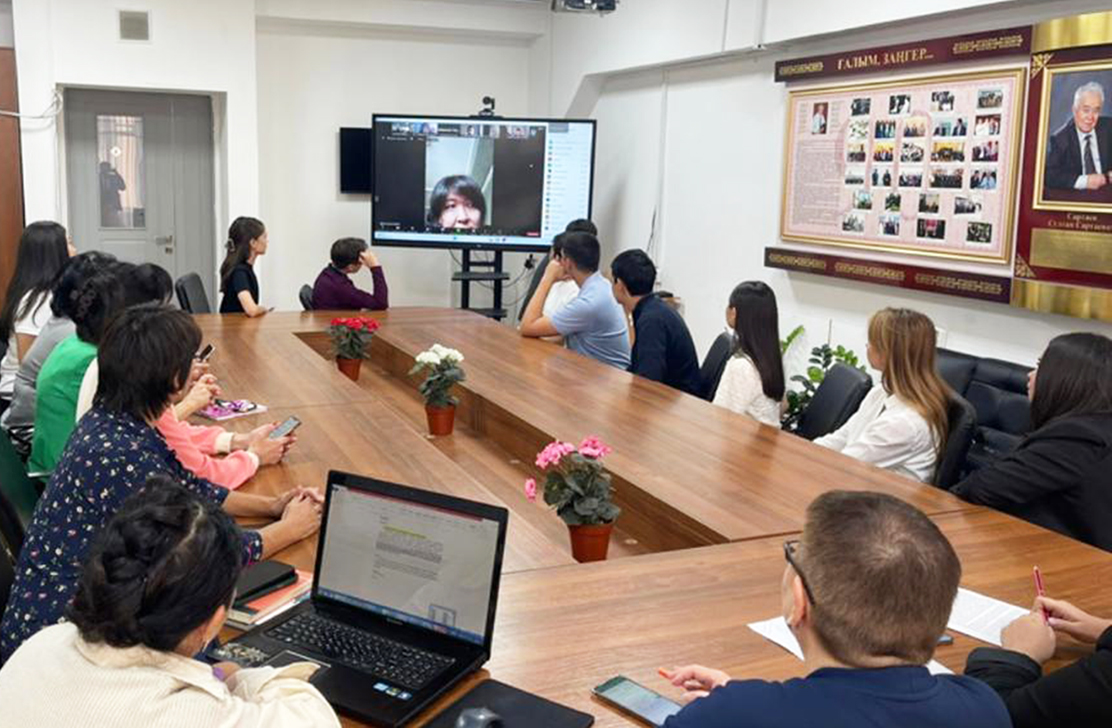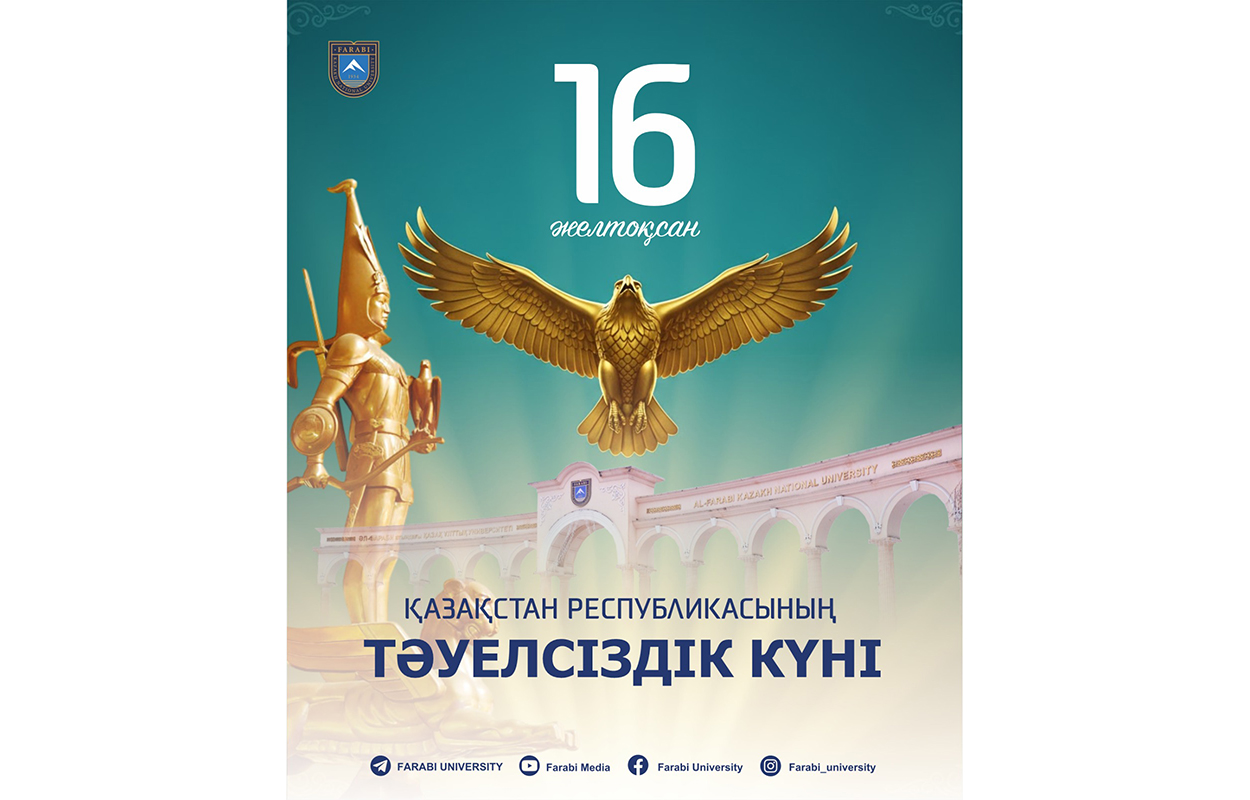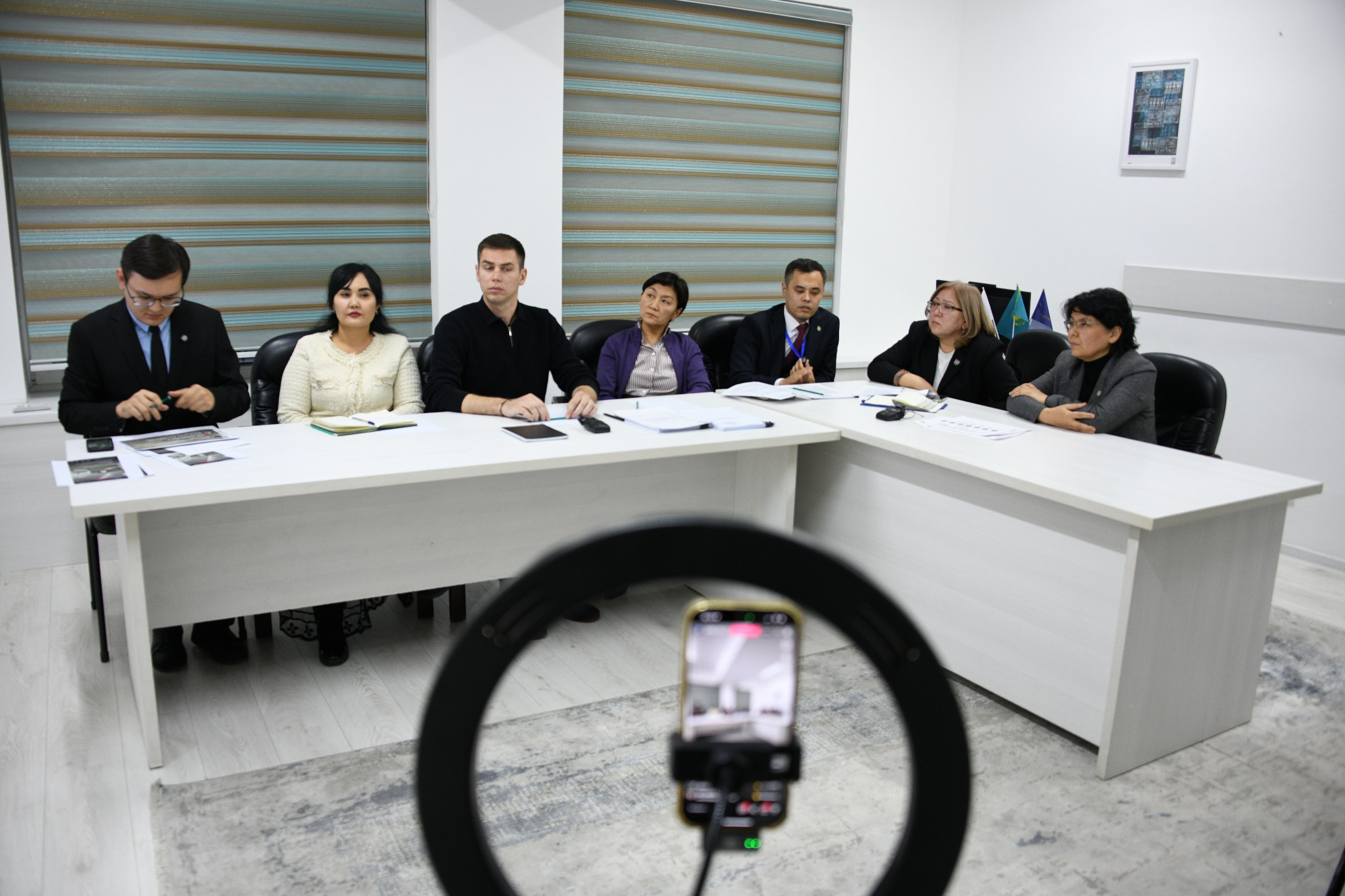KazNU hosted a webinar on legal literacy

The Department of Theory and History of State and Law, Constitutional and Administrative Law of the Faculty of Law of Al-Farabi KazNU held a webinar on "Ensuring access to justice for all" within the framework of the International Literacy Day.
The purpose of the webinar was to improve the legal literacy of citizens.
In 2015, Kazakhstan signed the document for further global development at the UN summit, emphasizing that the goals and benchmarks of the SDGs fully coincide with the priorities and objectives of Kazakhstan. One of the objectives of the SDGs is to promote the rule of law at the national and international levels and ensure equal access to justice for all. This goal is to promote peaceful and open societies for sustainable development, to ensure access to justice for all, and to build effective, accountable and participatory institutions at all levels.

In order to achieve peace, justice and inclusiveness, it is important that the State and civil society work together to implement durable solutions to reduce violence, deliver justice, fight corruption and ensure inclusive participation in governance processes on an ongoing basis. Freedom of expression in private and public life must be guaranteed. People must be able to participate in decisions that affect their lives. Laws and policies must be applied without discrimination in any form. Disputes should be settled on the basis of functioning political and judicial systems. The principle of total rejection of all forms of corruption should be implemented everywhere.
The first speaker was Asel Nurlanovna Abisheva, judge of the "Medeusky" District Court of Almaty, PhD in Law. The speaker highlighted the principles of building a judicial system in the Republic of Kazakhstan, paying special attention to the activities of courts of first instance and the procedure for citizens to file lawsuits. The listeners were interested in the order of work of the court of first instance and the specifics of filing appeals and cassation complaints. The speaker answered questions in detail.
The second speaker was Sanrai Kanatkyzy Smagulova, a lawyer of the Almaty City Bar Association. Her presentation covered the procedure for filing a lawsuit, the requirements for its execution, the procedure for payment of state duty and exemption from it. In conversation with the audience, the speaker revealed the concept of criminal record, talked about court acts, the order of their execution. She gave interesting examples from court practice.
Concluding the webinar, the head of the Department of Theory and History of State and Law, Constitutional and Administrative Law, Candidate of Legal Sciences Useinova Karlygash Rakhimzhanovna summarized the discussion, noting the importance of ensuring access to justice for all for the deployment of democratic processes in New Kazakhstan.
The Department of Theory and History of State and Law, Constitutional and Administrative Law within the framework of the realization of SDG 16 plans to hold further meetings of law enforcement officials with students and all comers.
Press- service of Al-Farabi Kazakh National University


